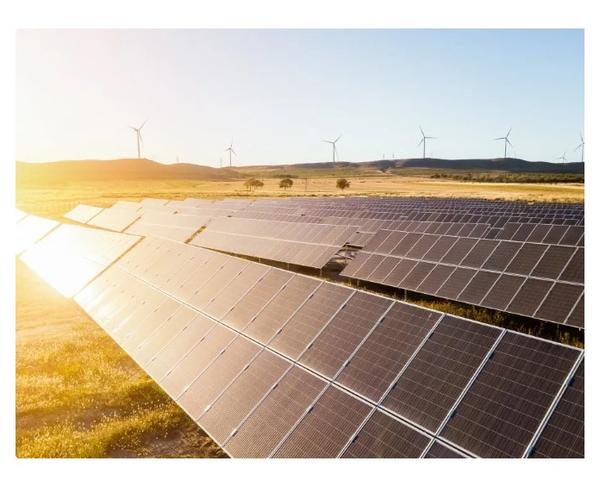Senator Mitt Romney sat for a webinar hosted by World Trade Center Utah and the Salt Lake Chamber on Wednesday afternoon to report on what was in the infrastructure compromise he and a bipartisan group of senators had worked out and looked likely to be signed by the president should the bill make it that far.
To put the importance of this bill in perspective, the Senator pointed out that no infrastructure bill had been passed since President Dwight D. Eisenhower. Eisenhower was able to coral Republicans and Democrats into passing the bill that funded and made a reality America’s interstate system.
If the bill passes the Senate and the House of Representatives it will add $550 billion to the amount the country can spend over the next five years on highways, bridges, broadband expansion and other vital parts of a successful United States economy. Romney said that our country has fallen behind in maintaining the infrastructure we have while competitors like China have doubled down on building and expanding theirs.
The numbers are huge. $110 billion for roads, bridges and major projects, $66 billion for rail, $39 billion for public transit, $65 billion for broadband, $46 billion for states and cities to prepare for droughts, wildfires, flooding and other disasters that may fall under the heading of climate change. Romney was quick to point out that Utah was already working on a major water project and this would supply much needed funding to make it a reality.
The bill has not been passed yet but the Senator feels it could make it through both houses of congress by Monday. If it does, Romney says it would amount to $3 billion for Utah roads, $225 million for assuring water is available to Utahn’s and $200 million for getting water to residents of the Navajo Nation. Cybersecurity plays large in the bill and the Senator feels this is a plus for Utah since a number of cybersecurity companies call Utah home.
Romney and Senator Rob Portman of Ohio were two of the more high profile Republicans who put politics aside and joined with the Democrats lead negotiator, Arizona Senator Krysten Sinema in crafting the bipartisan infrastructure plan. “It’s not anywhere near as bad as what we’d get if we let the Democrats do their own infrastructure deal.” The Senator remarked.
Forbes Magazine analysis of the deal revealed that much of the spending will require some matching funds from state and county coffers but that many municipalities will be able to use Covid funds that remain unspent in making those matches. $250 Billion unspent Covid funds on the federal level, from several previously allocated sources will be shifted to fund this bill.


